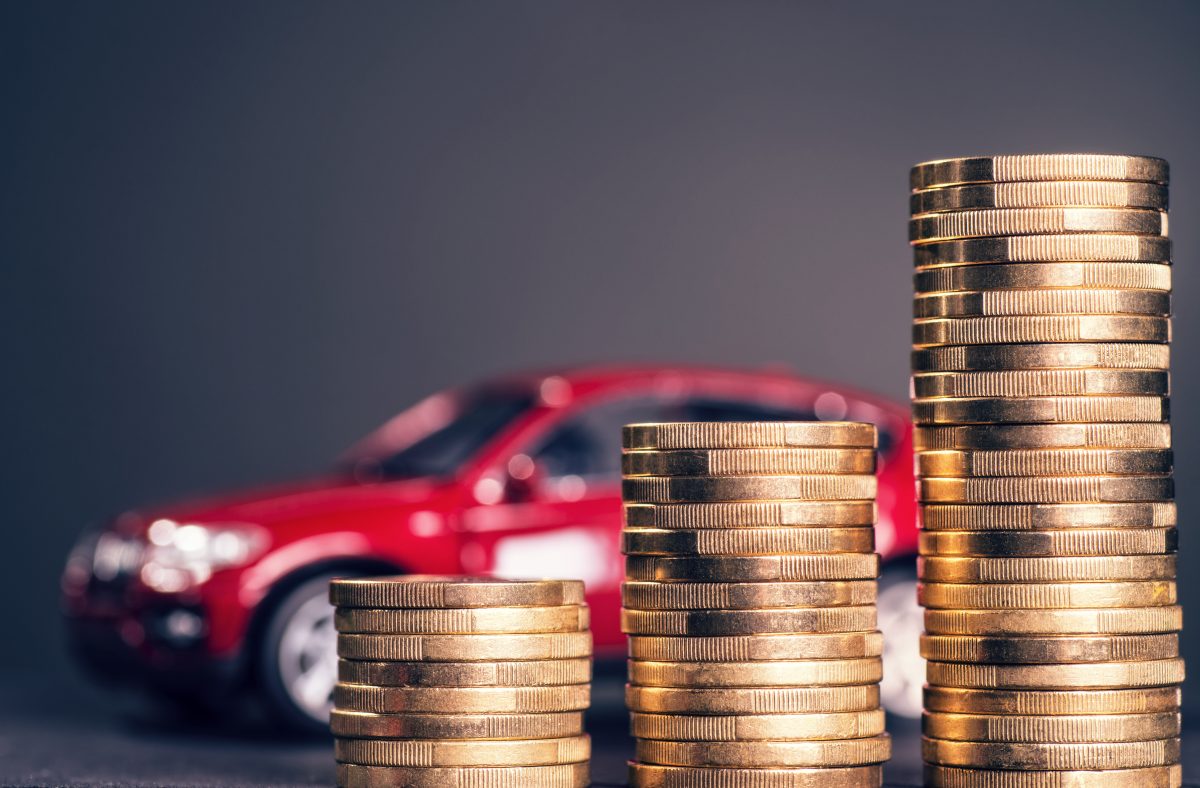
Wanna know something scary about driving in the US? Buckle up, it’s alarming.
There are nearly 800 car accidents per hour in the States. That’s close to 6 and a half million per year. This is an estimate based on reports; unreported accidents could double that number.
Fair to say, accidents happen a lot. They happen to everyone, including you.
There are two things people do immediately after accidents. Check if everyone’s all right and then worry about insurance premiums.
Here’s how much your monthly insurance bill will rise following an accident.
What Are Premiums?
It’s good to start here, at the basics. What are insurance premiums?
They’re the price tag you have to pay depending on different risk factors.
Statistics are the basis of these factors of riskiness. If you’ve never filed an insurance claim, companies base your premium on generalities. These generalities are statistical.
Your risk premium is the industry’s way of “averaging” you out. Risky archetypes pay a higher price. People who are statistically unlikely to have an accident pay less.
These factors can depend on location, age, gender, and other dependent variables.
Premiums Rise Variably in Different States
Your location is a tremendous factor. An insurance claim will have a different effect from state to state.
Different parts of the country attract different types of people.
Some people have lawyers on speed-dial. States with higher rates of litigation will have higher premiums.
States with a lot of fraudulent activity and hit-and-runs will also have higher insurance rates. Watch out for Floridians, drivers in New Mexico, and Louisiana bandits. They all have the highest rates of accident fleeing.
Depending on the state, rates can arbitrarily rise after collisions. California and Texas will raise rates by over 60-90% for bodily injury claims.
Types of Claims
Insurance claims have types.
There are bodily injury claims and there are comprehensive adjustments.
Accidents that involve injury, or worse, have devastating effects on premiums. Medical bills are costly. Court claims and settlements can be equally or more expensive to insurance companies.
To recoup losses, insurance companies will hike prices. This price hike will remain for the foreseeable future, too. This’ll compound your losses.
Comprehensive accidents are much more forgiving. These include parking lot fender-benders and trees falling on your car. When nobody’s hurt, your wallet won’t be as injured.
Some providers are more forgiving than others. There are programs that forgive your first accident. Be wary, though, accident-forgiveness usually has one-time surcharge.
Cars That Cause Insurance to Rise After An Accident
As you’ve noticed, price hikes are extremely variable. They rise depending on different stats and factors.
The one constant thing you can control is the type of car you drive.
Driving a safe, reliable car that isn’t leased won’t break your bank. A car accident in a frumpy sedan won’t increase your premium too much. But if you’re rolling around in a leased Lambo, try not to get the paint scuffed.
A side note: you don’t control what other people drive. Be extra careful around luxury vehicles and sports cars.
Claim It
Premiums can be arbitrary and based on things independent of your control. You’re sometimes at the whim of insurance companies’ mercy after an accident.
Location of an accident will cause insurance to rise. Different claims have different rate changes; bodily injury is a nightmare. Hikes depend on your car model, too.
If you’ve been in an accident and need further help, honk at us.
